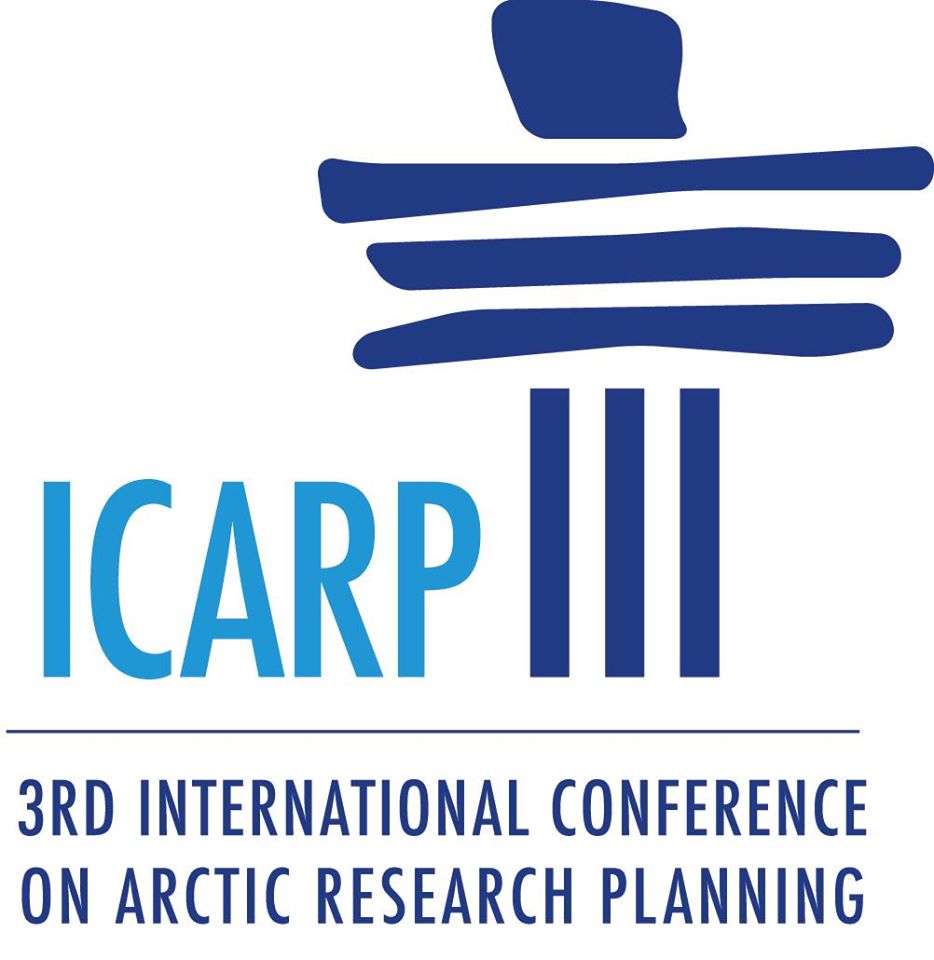Arctic Science Summit Week 2015 in Toyama, Japan (23–30 April) brought together nearly 700 international scientists, students, policy makers, research managers, Indigenous Peoples and others interested in developing, prioritizing and coordinating plans for future Arctic research.
The Conference was organized by the International Arctic Science Committee and the Science Council of Japan, with the support of many other international partners (www.assw2015.org).
Several overarching messages emerged during the Conference:
- Changes in the Arctic are challenging our understanding of their consequences and our ability to provide knowledge for decision-makers.
- There needs to be a greater sense of urgency among decision-makers and awareness by the general public regarding the global importance of changes taking place in the Arctic.
- It is critical to anticipate changes in the Arctic rather than respond to them, but to do this requires sustained observations and improved understanding of local, regional and global processes. These research challenges must be addressed in a coordinated and timely manner to ensure sustainable development and resilient Arctic communities and ecosystems.
- The rapidly changing Arctic initiates changes that cascade through the global system impacting weather, commerce and ecosystems in the more temperate regions. Linkages across disciplines, scales, and diverse knowledge systems must be addressed in future research activities.
- Understanding the vulnerability and resilience of Arctic environments and societies requires increased international scientific cooperation, including contributions from non-Arctic states.
- More effective use must be made of local and traditional knowledge by engaging northern and Indigenous communities in setting priorities, the co-design and co-production of research, and the dissemination of this knowledge by ensuring appropriate access to research data and results.
- It is essential to build long-term human capacity to support relevant observations and research among scientists, decision-makers and Arctic residents, including Indigenous Peoples, through education and effective public engagement, and by adopting shared principles to guide research activities.
- New markets for Arctic resources and associated activities, including trade, tourism and transportation, will likely emerge faster than the necessary infrastructures on land and sea. Sustainable infrastructure development and innovation to strengthen the resilience of Arctic communities requires a collaborative approach involving scientists, communities, governments, and industry.
The Toyama Conference was a critical step in an international Arctic research planning process involving hundreds of scientists from 27 countries working to improve our understanding of the consequences of changes taking place in the Arctic region, and their connection to global environmental, economic and social processes. These rapid transformations occurring in the Arctic are affecting the entire Earth system, including its climate and weather extremes, through increased temperatures and the continuing loss of ice, glaciers, snow and permafrost. New economic interests in the Arctic have established the region as a larger player in the global economy, but also with very significant local effects. In spite of rapid environmental and social change, the Arctic remains a region of geopolitical stability which is a pre-condition for sustaining Arctic research.
The Final Report from the Conference, guided by discussions and contributions from many partner organizations, will be completed later in 2015. This Report will catalyze and inform the implementation of critical, cooperative, international Arctic research programs over the next decade.
Quotes from Opening Session of Arctic Science Summit Week 2015
"I hope that this international summit for advancement of Arctic science will be a great success. "Shinzo Abe, Prime Minister of Japan
"How should we face the Arctic in the midst of this great change in the Arctic environment and the social and economic conditions surrounding the Arctic? This is a vital question that not only the Arctic countries but all global citizens, including those from non-Arctic countries like Japan, must address. "Motoyuki Fujii, State Minister of Education, Culture, Sports, Science and Technology (MEXT)
"The very change that the Arctic is currently undergoing is opening up both new opportunities and new challenges for those who live in the Arctic and others who wish to engage in the Arctic in various ways. "Susan Barr, President of the International Arctic Science Committee
"For the sustainable development of the Arctic, scientific knowledge is indispensable. "Takashi Onishi, President of the Science Council of Japan
"Japan is well-suited to develop a national strategy for the Arctic region based on a global perspective that calls on nations worldwide to make concerted and united efforts for protecting the Arctic area."
Tadahiko Ito, Japanese Parliamentary League of Arctic Frontier Study
The Arctic Science Summit Week (ASSW) is the annual gathering of the international organizations, scientists, students, policy makers and other professions engaged in supporting and facilitating Arctic research. Convened annually by the International Arctic Science Committee, it provides opportunities for coordination, collaboration and cooperation in all areas of Arctic science.
![]()
The Fourth International Symposium on the Arctic Research (ISAR-4), hosted by the National Institute of Polar Research, on "Rapid change of the Arctic climate system and its global influence", aims to facilitate scientific discussions and to promote further national and international cooperation and collaboration, in particular between Arctic and non-Arctic countries.

The Third International Conference on the Arctic Research Planning (ICARP III) organized by the International Arctic Science Committee (www.iasc.info), provides a framework to (i) identify Arctic science priorities for the next decade; (ii) coordinate various Arctic research agendas; (iii) inform policy makers, people who live in or near the Arctic and the global community; and (iv) build constructive relationships
For more information please contact:
ISAR-4 Secretariat:
National Institute of Polar Research (NIPR)
Midori-cho 10-3, Tachikawa, Tokyo 190-8518, Japan
Tel. +81-42-512-0925
Fax. +81-42-528-3195
IASC Secretariat:
International Arctic Science Committee (IASC)
Telegrafenberg A43, 14473 Potsdam, Germany
Tel. +49-331-2882214
Fax. +49-331-2882215
